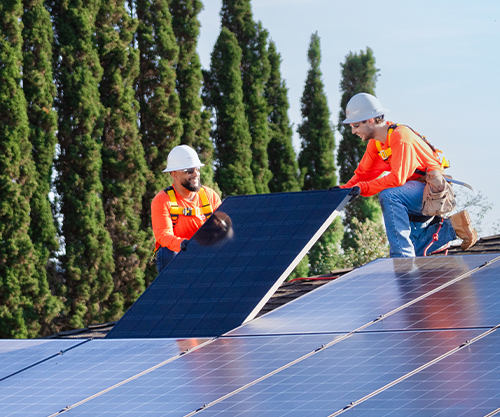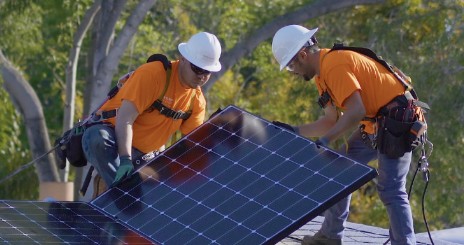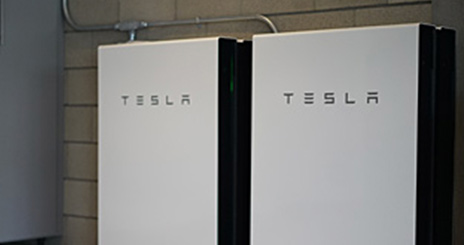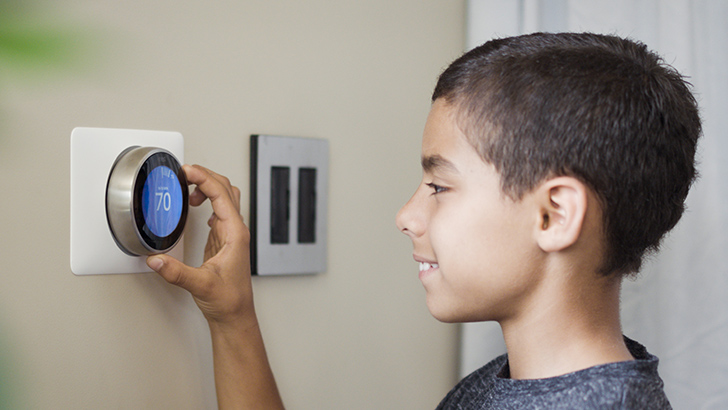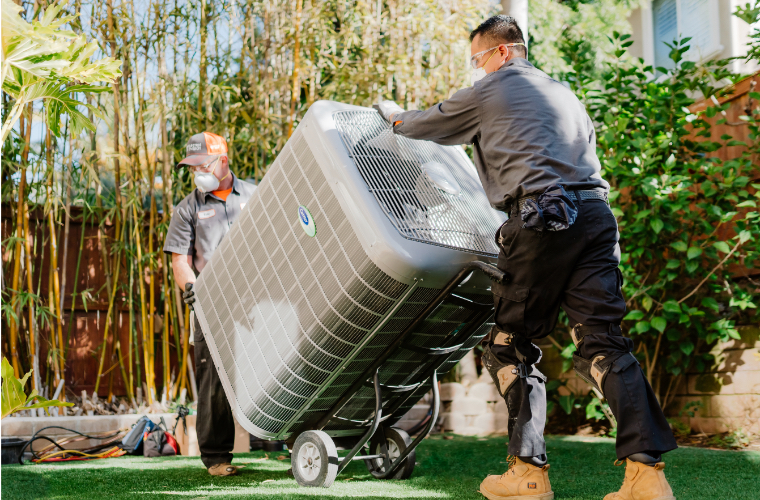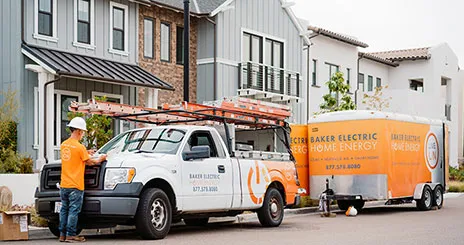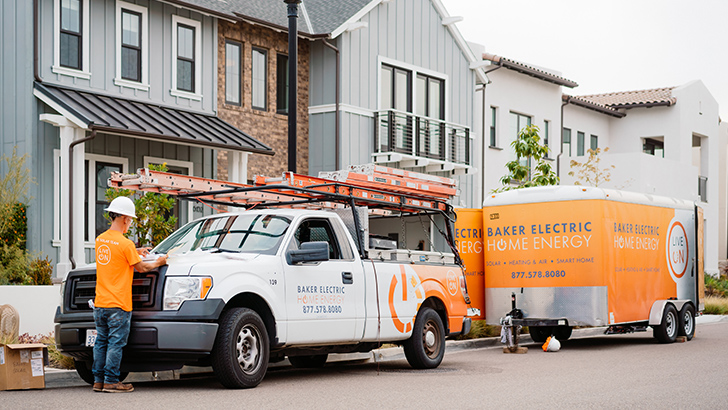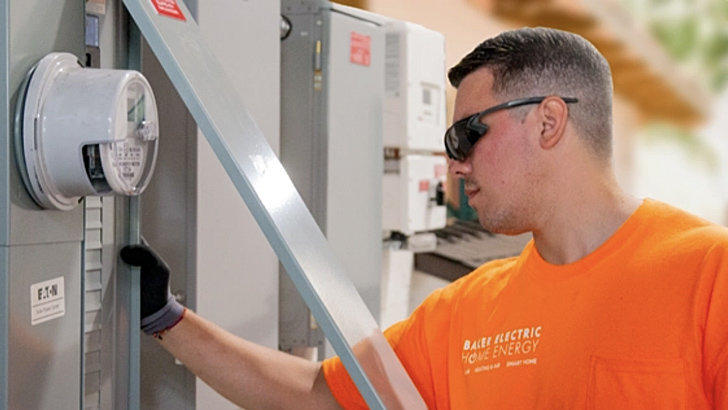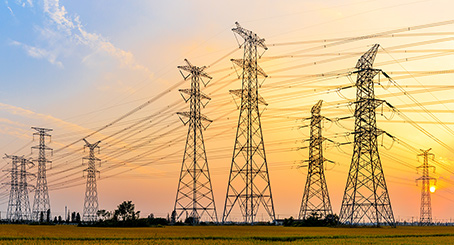Knowledge Center
Browse by Product
Browse by Topic
Popular articles
The A-Z of solar and home battery terms
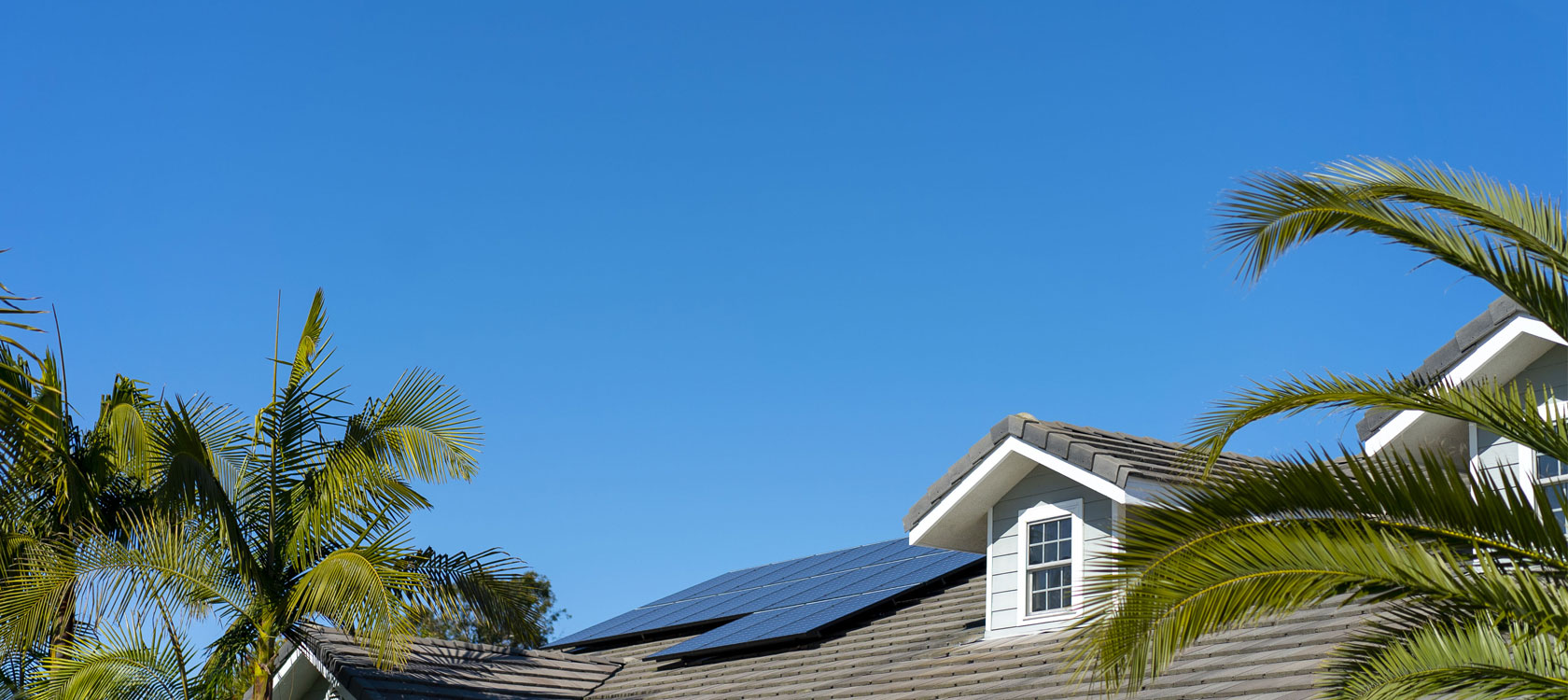

knowledge center
The A-Z of solar and home battery terms
An A-Z of solar and home battery terms to help you understand the jargon
How to choose a solar provider in Southern California
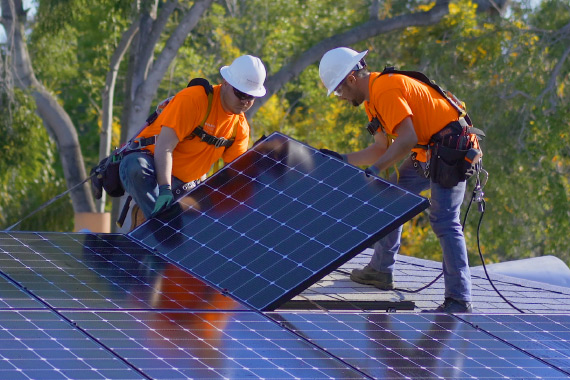

knowledge center
How to choose a solar provider in Southern California
Choosing the company to design and install your solar system is a major decision. We break down the key considerations for you.
Federal Solar Tax Credit
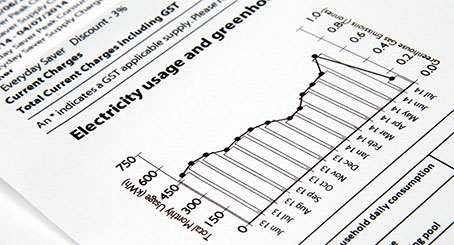

knowledge center
Federal Solar Tax Credit
Learn how to maximize the federal solar tax credit for residential renewable energy system installation costs here.
Is solar right for my home?
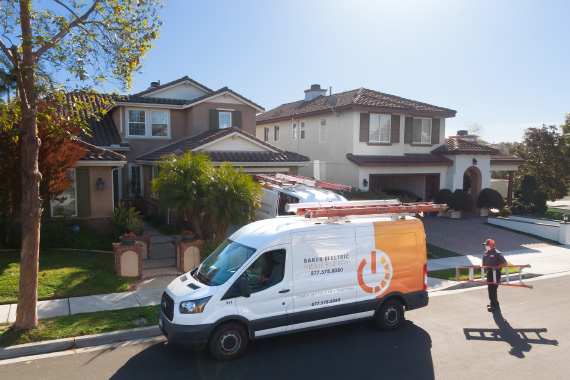

knowledge center
Is solar right for my home?
Understand the three main factors that determine whether solar is right for you.
